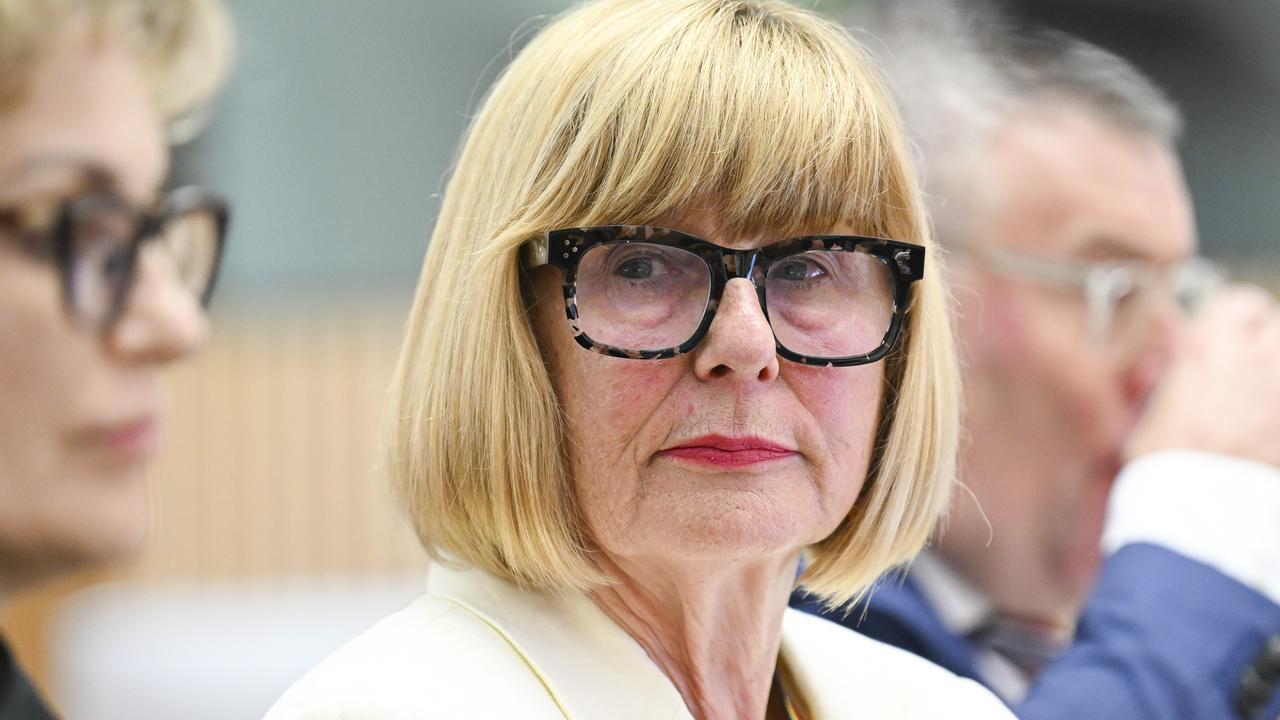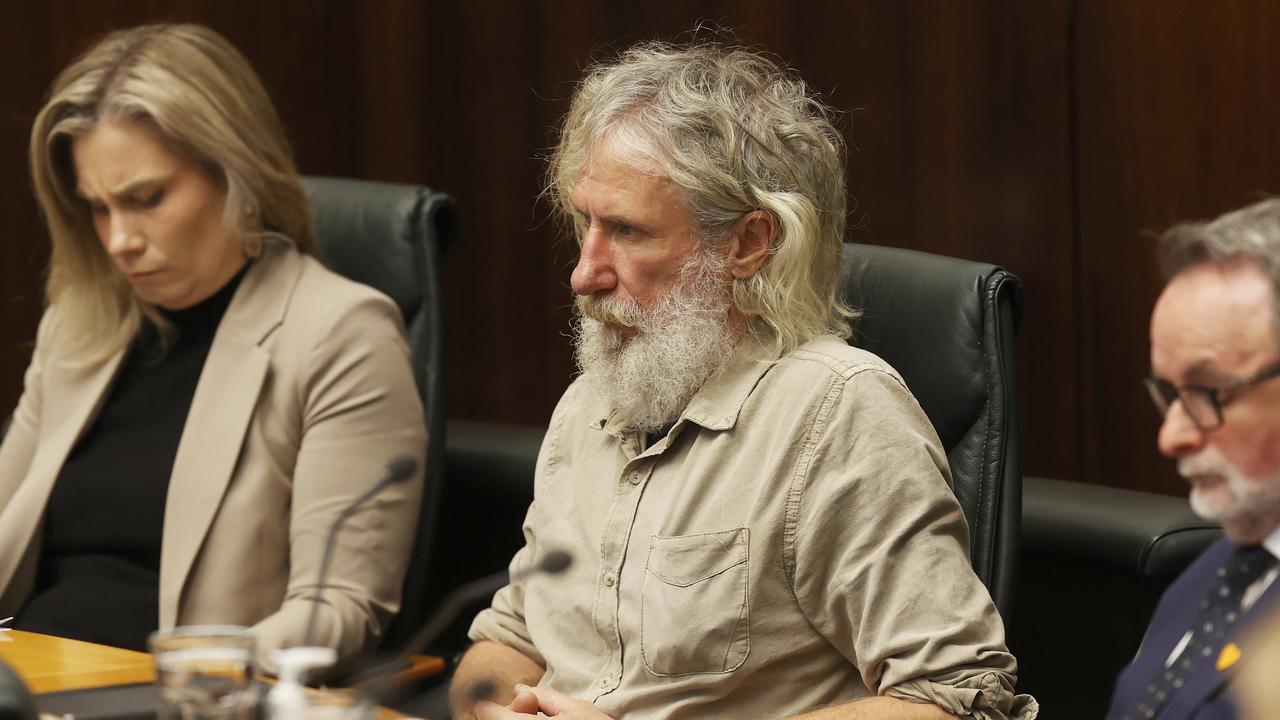Hydro Tasmania rejects West Coast Mayor Shane Pitt’s suggestion to pay a ‘voluntary rates equivalent’
Hydro Tasmania accused a mayor of spreading ‘deliberately misleading’ information. Find out what happened during round two of the war of words.
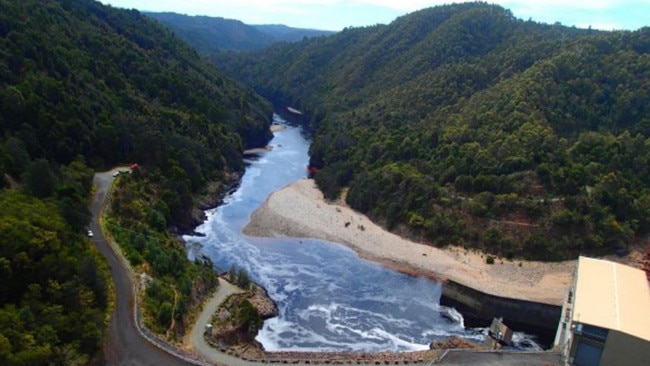
Tasmania
Don't miss out on the headlines from Tasmania. Followed categories will be added to My News.
West Coast Mayor Shane Pitt has called on Hydro Tasmania to pay his council a “voluntary rates equivalent” as his stoush with the organisation continues.
However, Hydro has ruled out Mr Pitt’s suggestion, saying it would be unreasonable for the state organisation to “pay twice”.
The mayor was previously accused of providing “incorrect and deliberately misleading” information in a letter to constituents, after claiming Hydro “didn’t pay a single cent” in royalties to the West Coast Council.
After the stoush was reported in The Mercury, Mr Pitt sent a letter to Hydro Tasmania CEO Ian Brooksbank, where he continued to back the claims he originally made to ratepayers.
“I have no wish to get into a slanging match with you, but I must categorically and strenuously reject your allegations that I am being ‘deliberately misleading’ with my statements about the Hydro not paying rates for your generating assets on the West Coast,” Mr Pitt said in his letter to Mr Brooksbank.
“With respect, my statement is demonstrably correct, by your own admission.
“The facts are, Hydro does not pay rates for your West Coast generating assets, and any suggestion otherwise is wrong.”
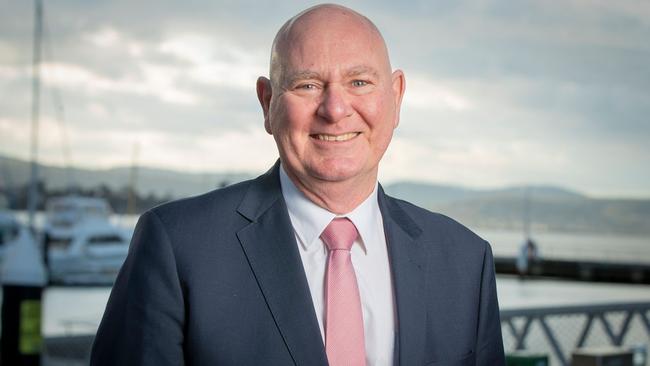
The current arrangement is that Hydro makes an annual rates equivalent payment to the state government, which determines how to distribute it among councils.
“The rates equivalent is imposed on Hydro Tasmania to address the government’s competitive neutrality obligations and forms part of general revenue to the government,” a Tasmanian government spokesperson said.
“It is not raised on behalf of or distributed to councils.”
“Councils benefit from significant state government financial support, which is underpinned by such revenue resources, including the Hydro Dividend.
“The Future of Local Government Review suggests exploring a new framework of rating exemption to ensure councils are able to effectively raise revenue in the best interest of their community, which the government will consider.”
Hydro Tasmania Assets and Infrastructure Executive General Manager Jesse Clark said the rates equivalent the organisation pays the government annually, which it is required to do under legislation, was a statewide figure determined by the Department of Treasury and Finance.
“Hydro Tasmania paid $5.7m in rates equivalent in the 2023-2024 financial year. The Tasmanian government decides how this money is spent,” Mr Clark said.
“Changes to the legislation are a matter for the Tasmanian government.”
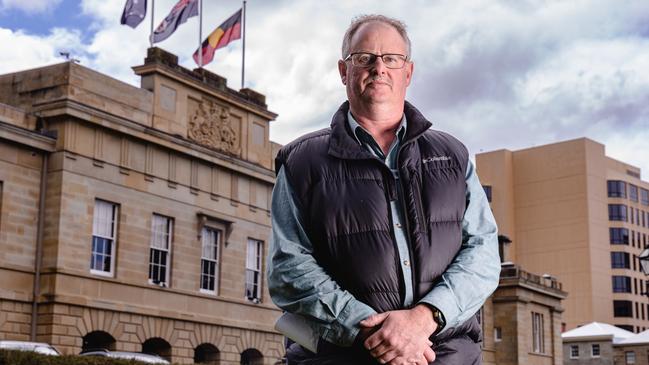
Mr Pitt said he would like to see the laws changed.
“In the meantime, I would like to suggest a potential way forward: that Hydro Tasmania consider paying a voluntary ‘rates equivalent’ to the West Coast Council in lieu of the rates you don’t pay,” he said.
“This approach has been adopted by the University of Tasmania with regard to their education assets in the CBD of Hobart.
“While the University’s education assets are similarly to your generating assets exempted from paying rates, they have reached a voluntary agreement with the Hobart City Council to make ex gratia payments annually in respect of rateable land and student accommodation land, with the quantum of the payments increasing by CPI annually.”
Mr Clark said Hydro was not interested in entering such an arrangement with the West Coast Council.
“While the University of Tasmania has a Rates Equivalency Agreement with the City of Hobart, it does not pay a rates equivalent to the state government in addition to this.
“It would be unreasonable to expect Hydro Tasmania to pay twice.”
More Coverage
Originally published as Hydro Tasmania rejects West Coast Mayor Shane Pitt’s suggestion to pay a ‘voluntary rates equivalent’



